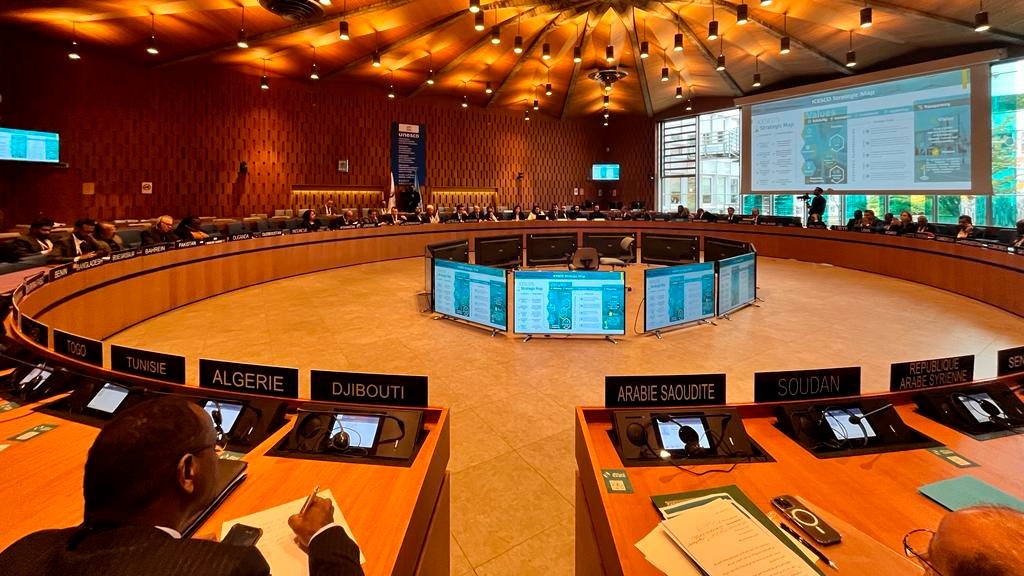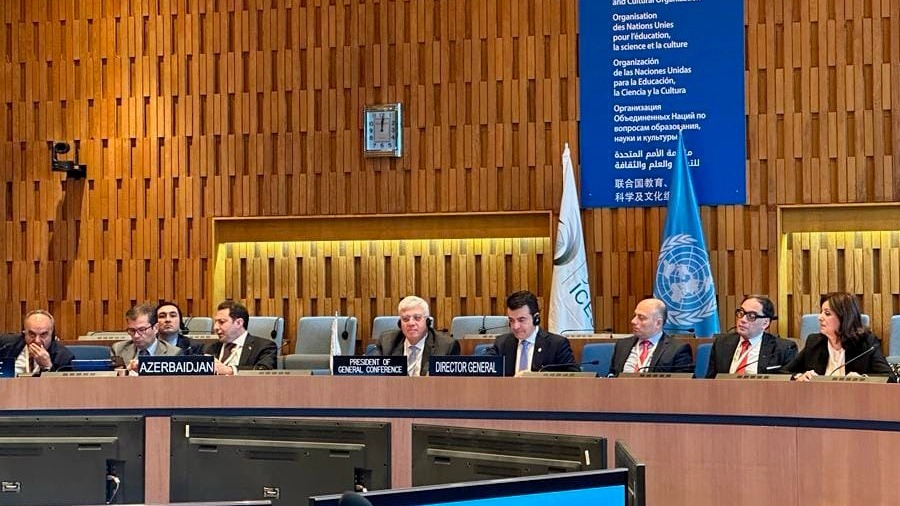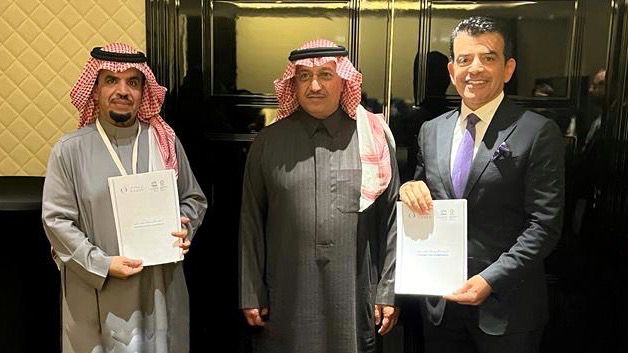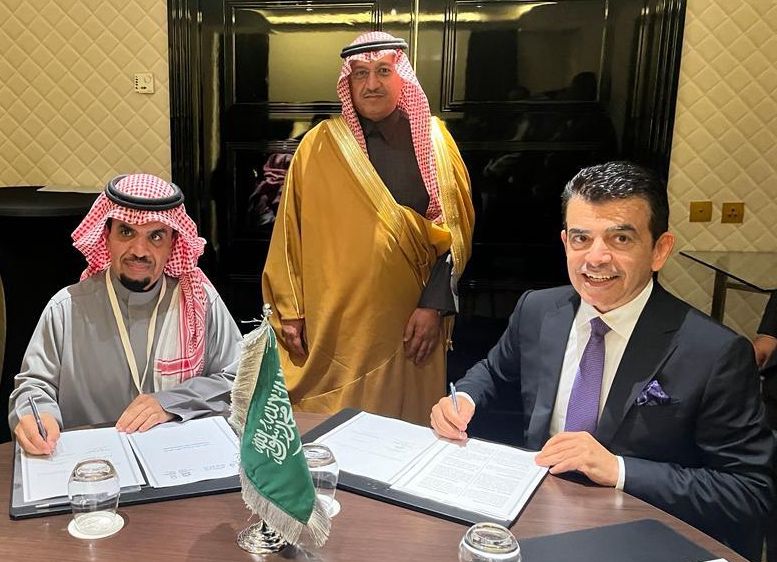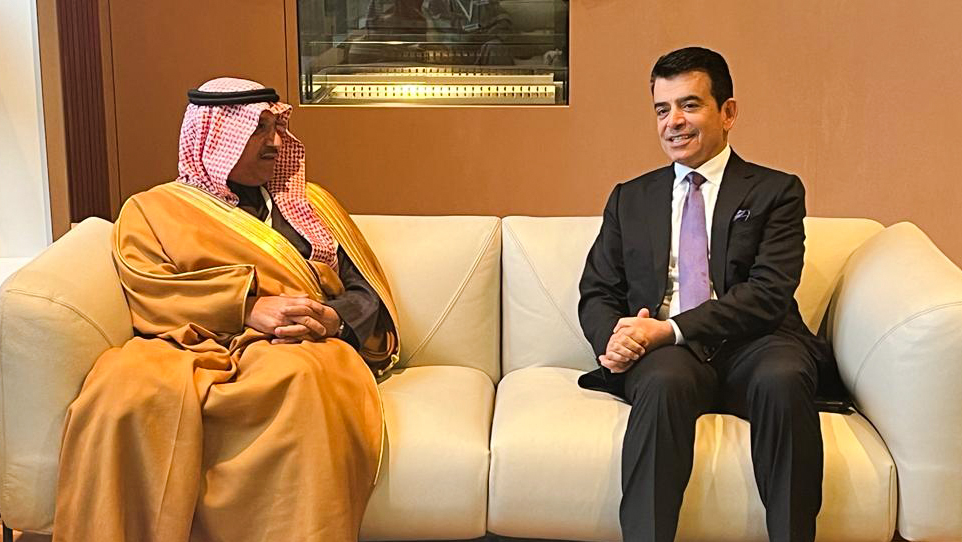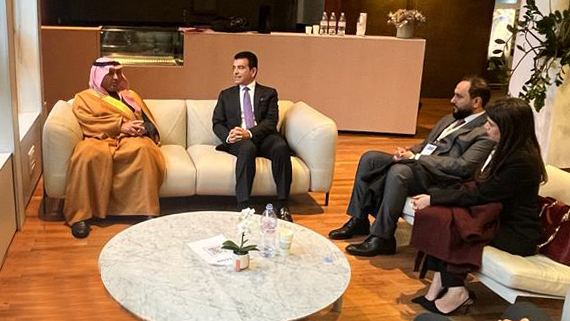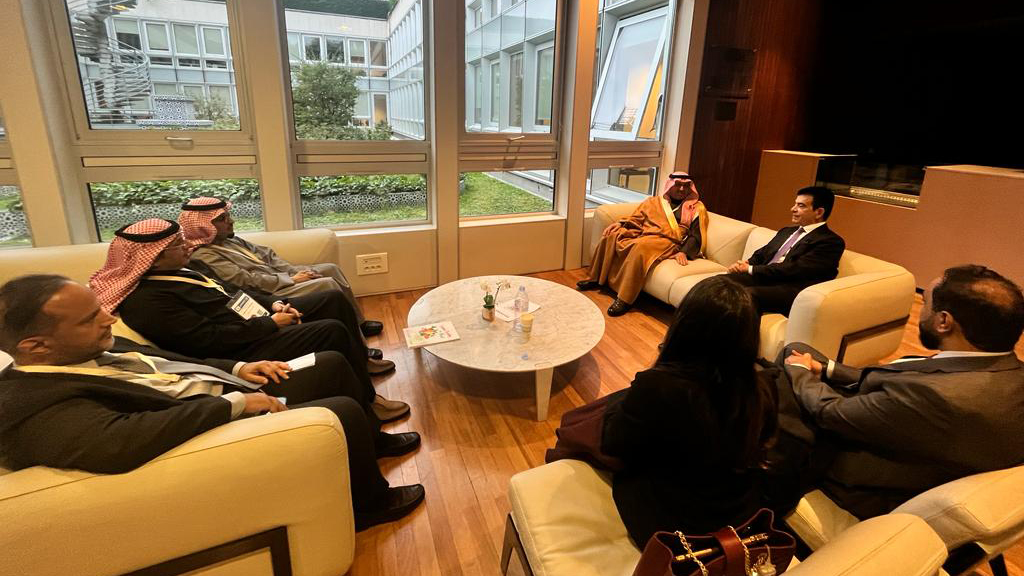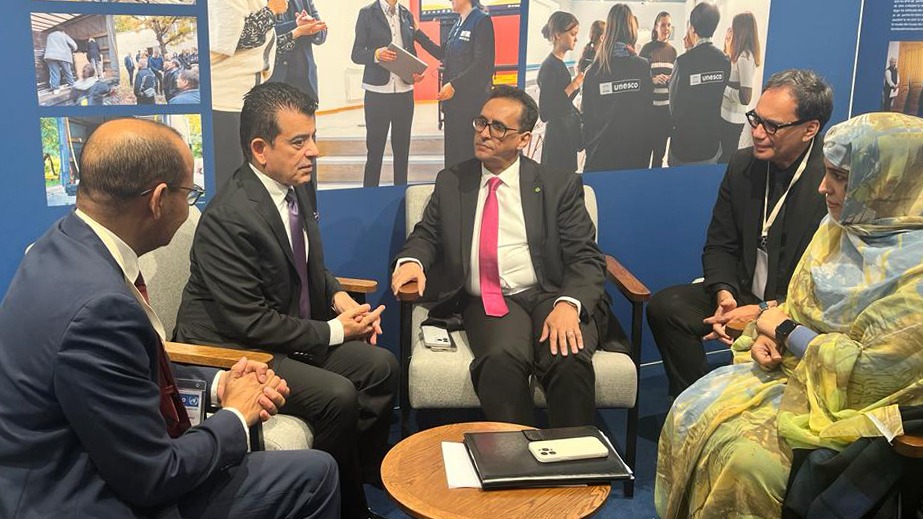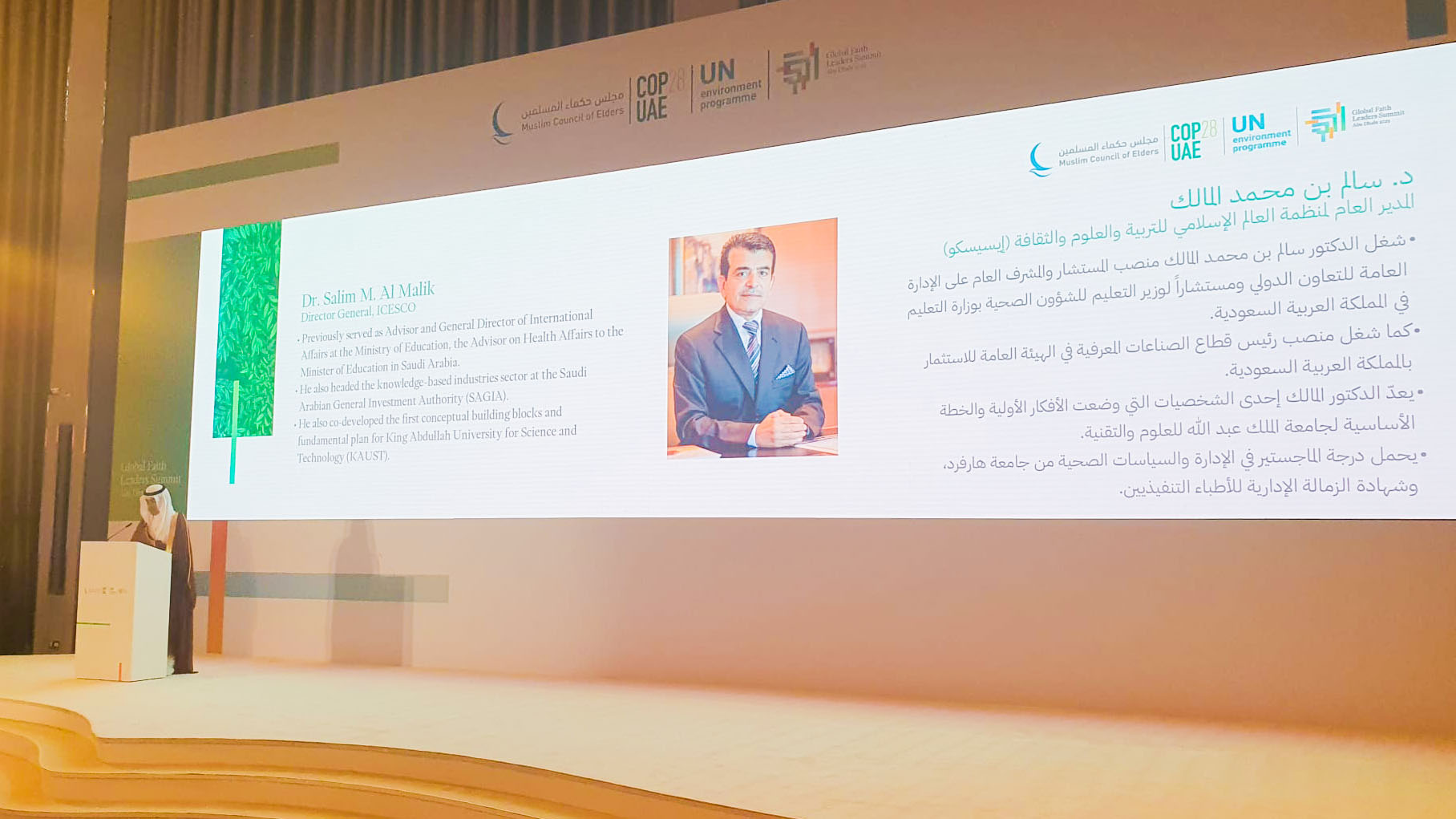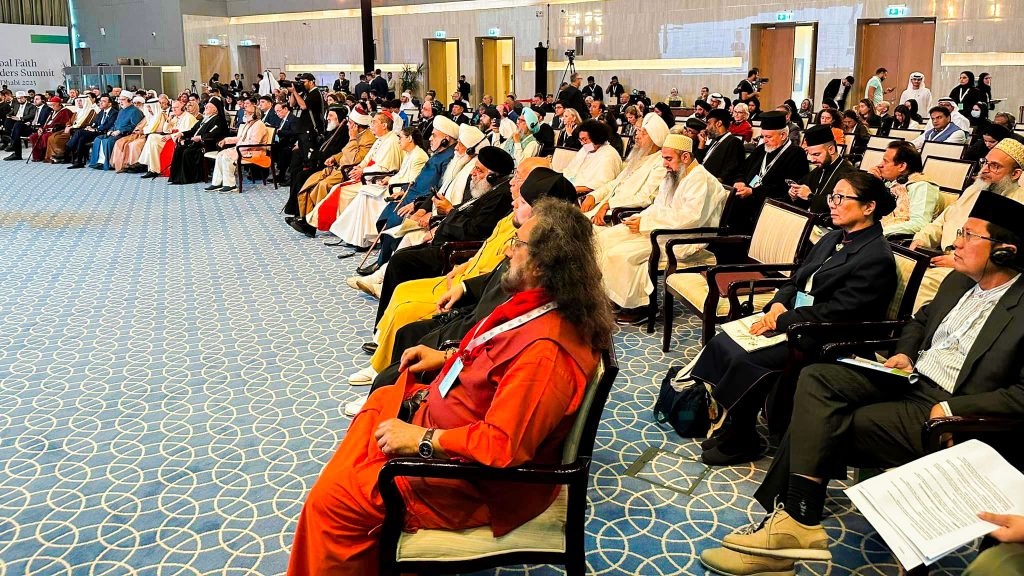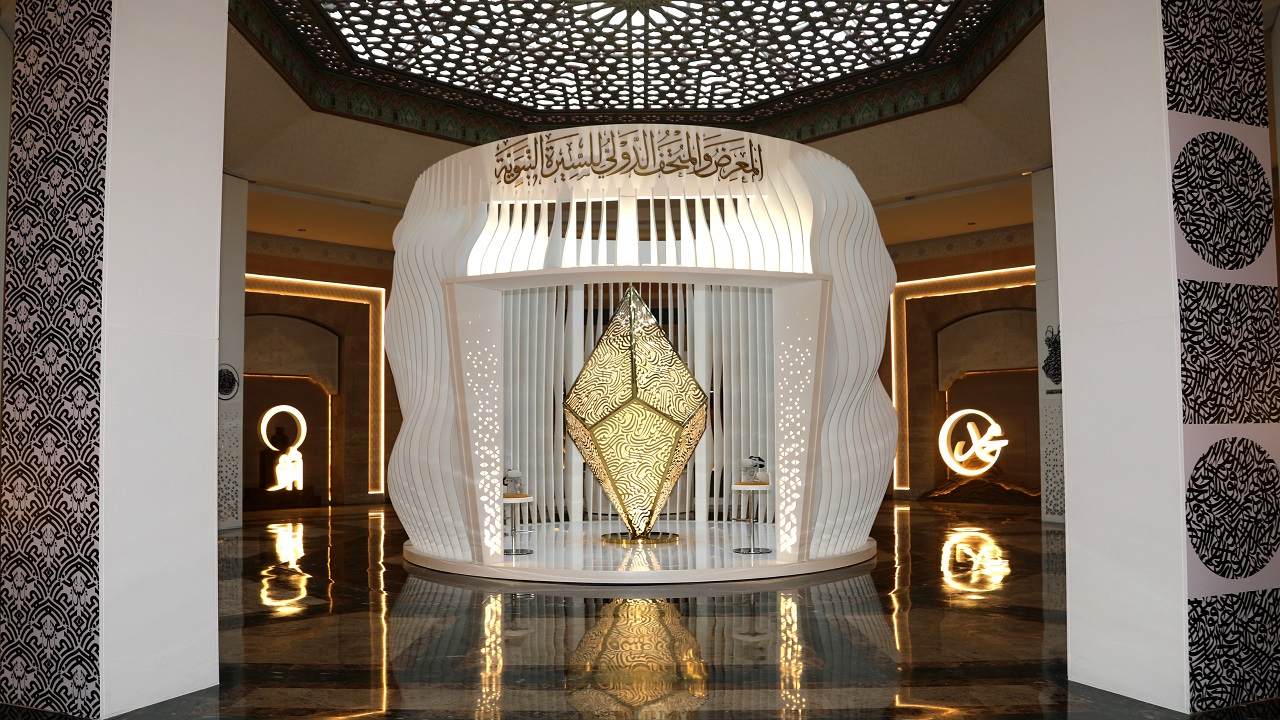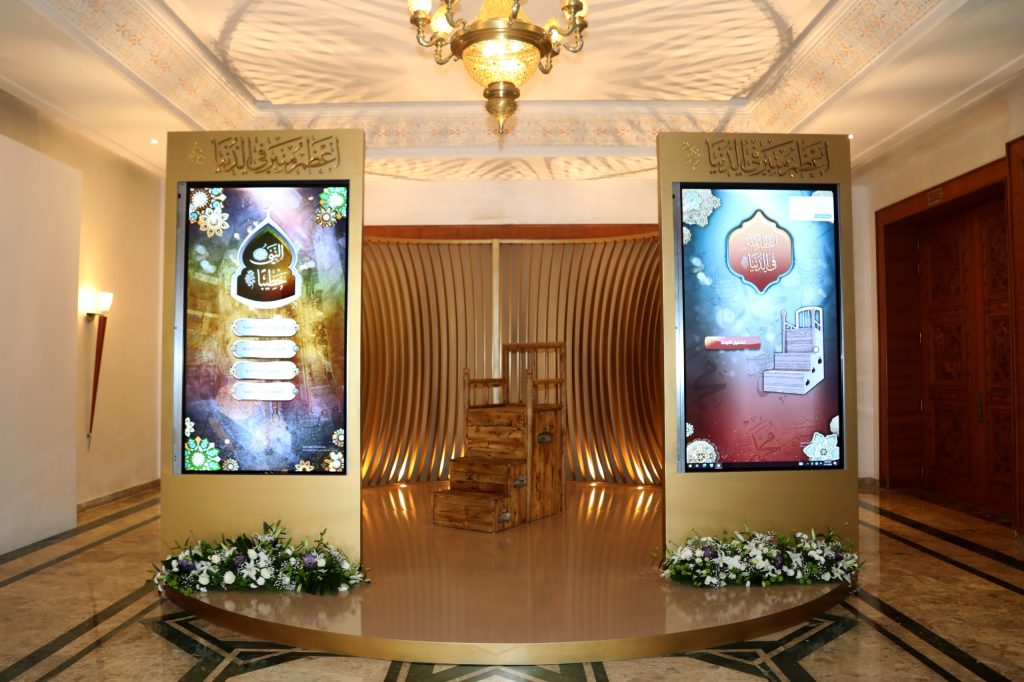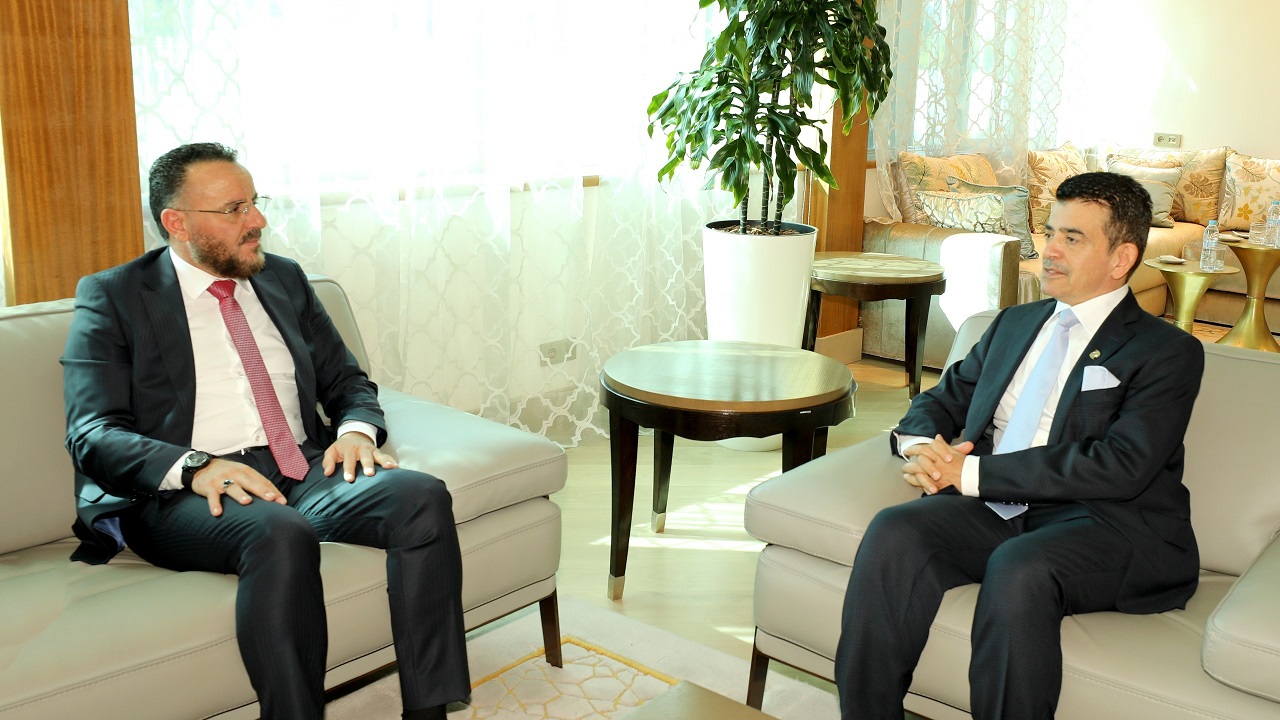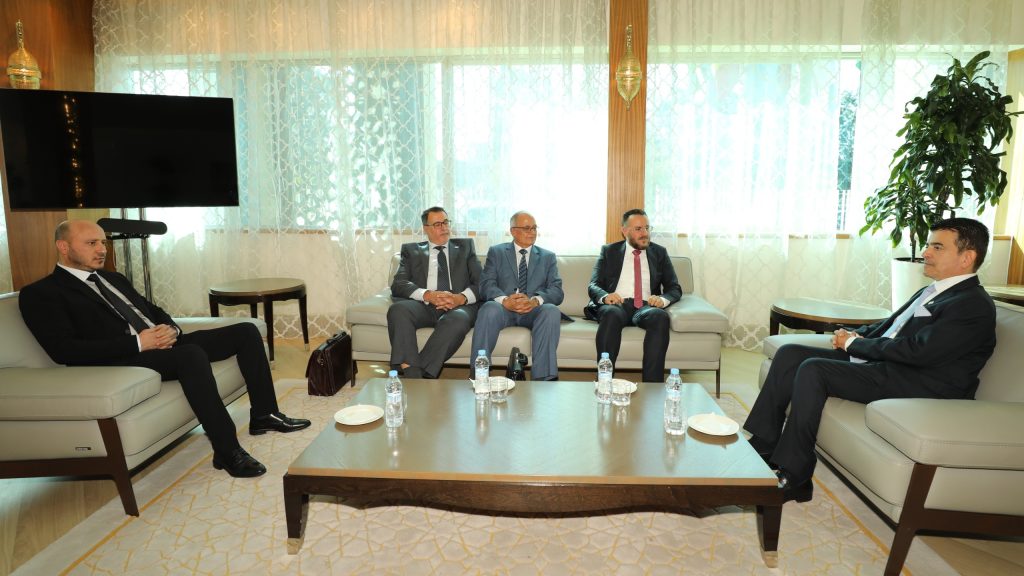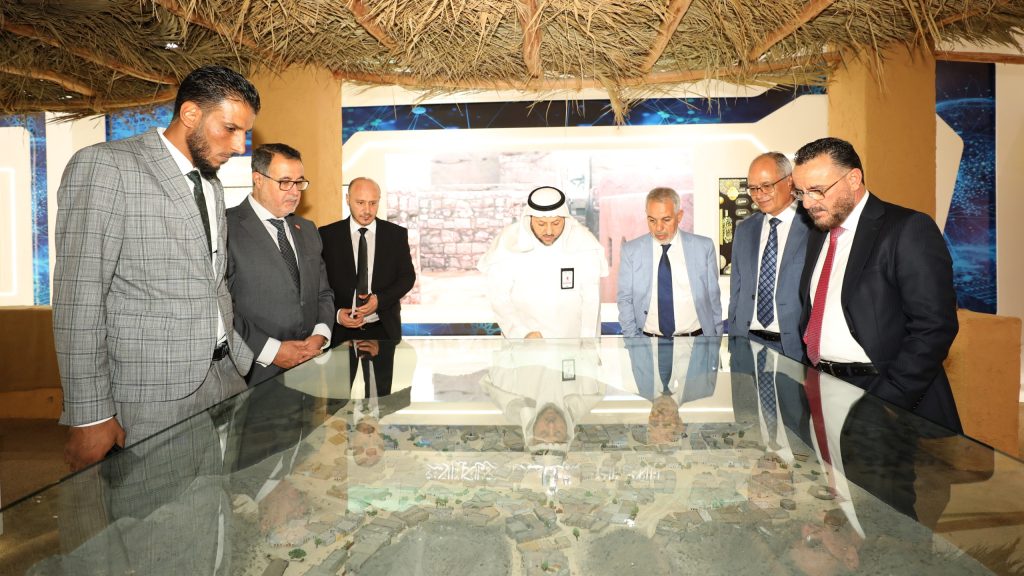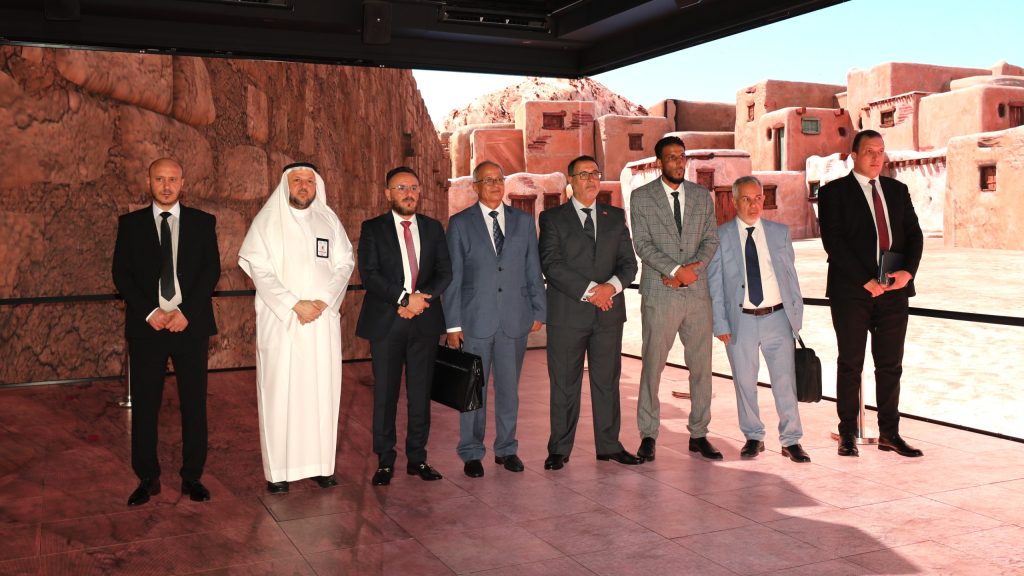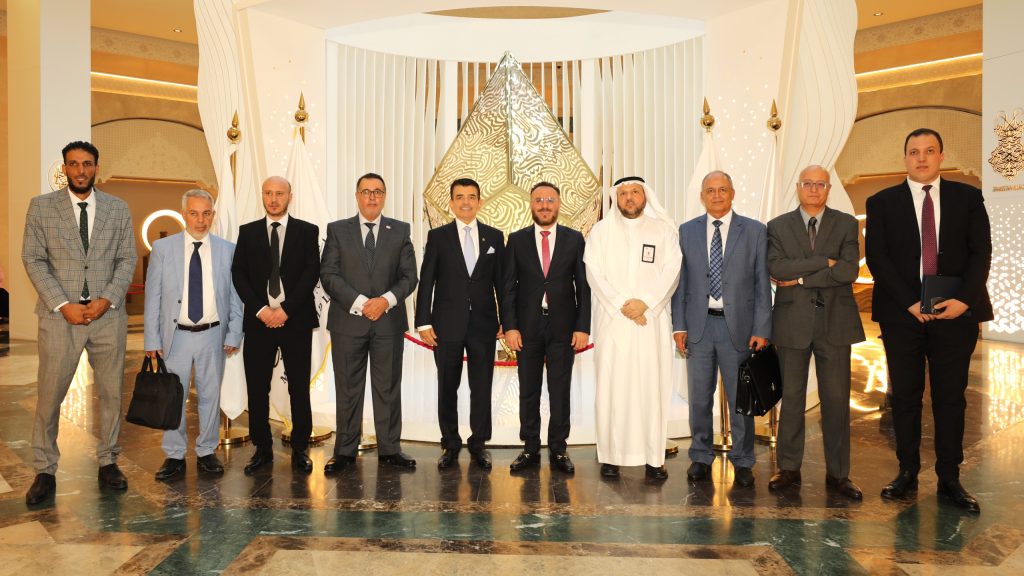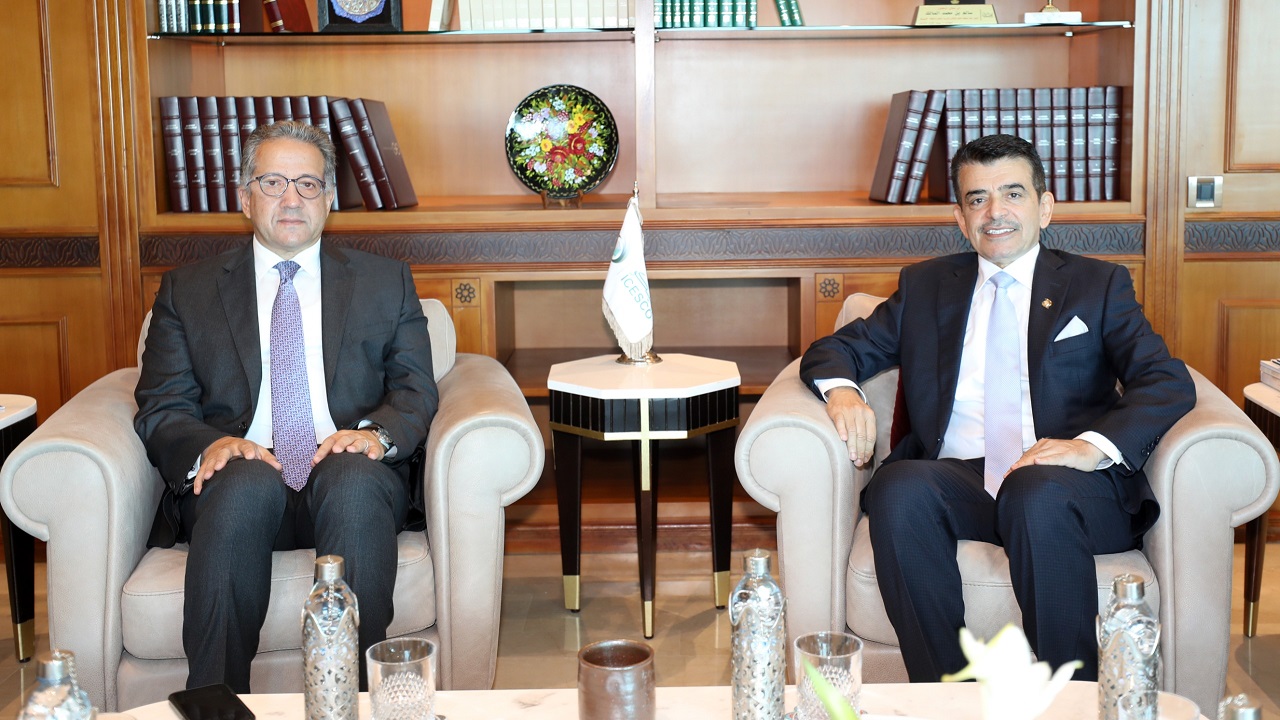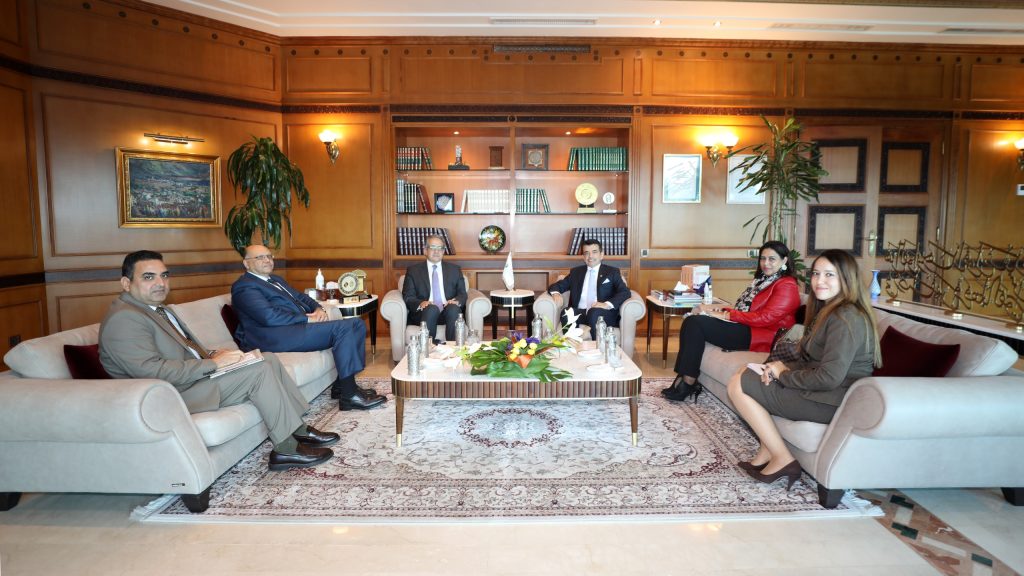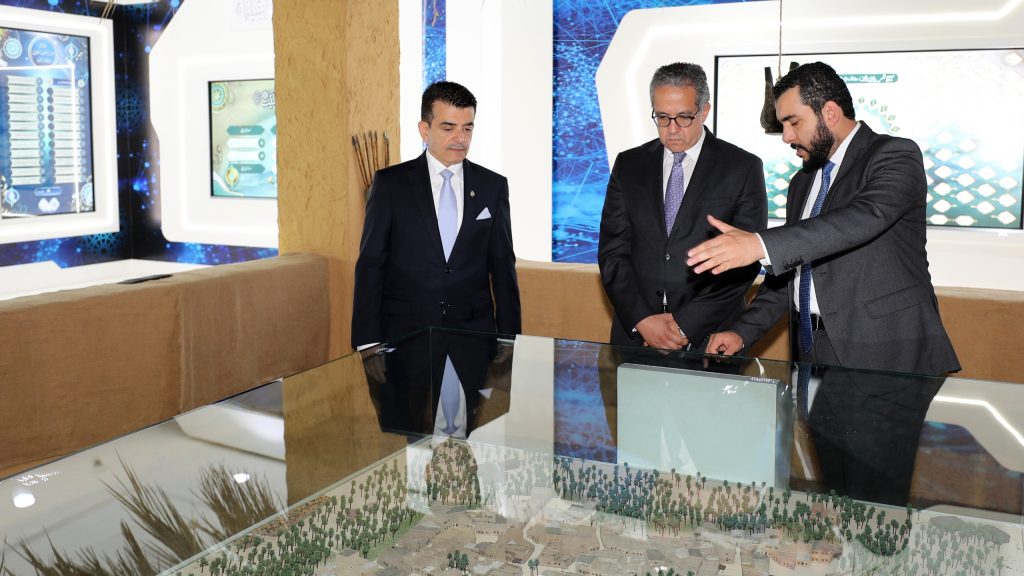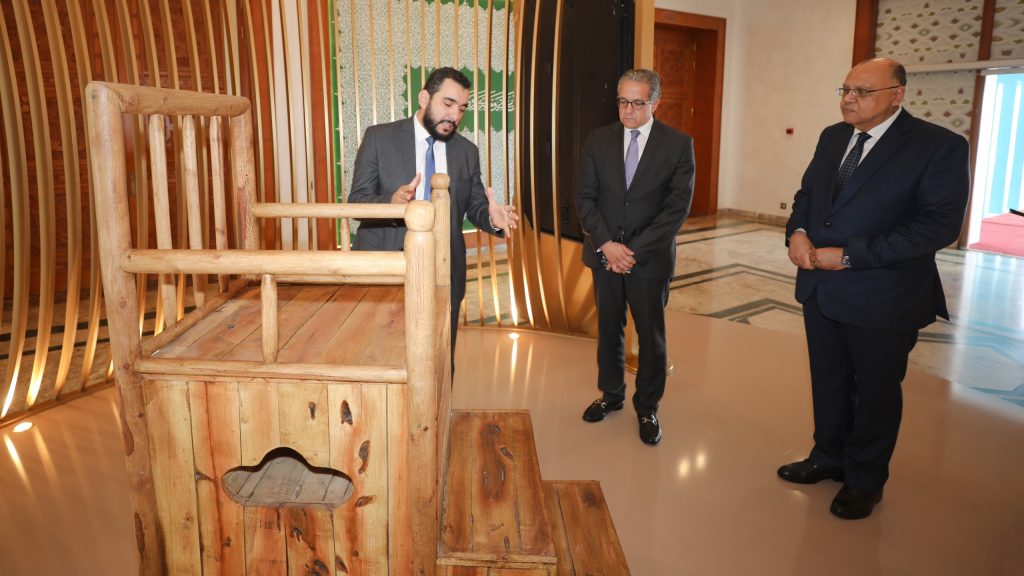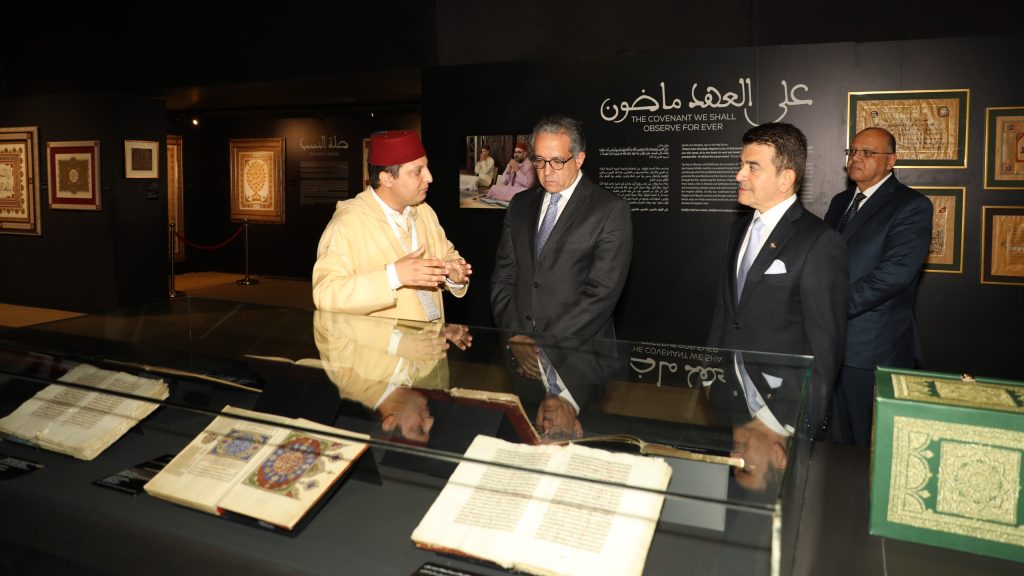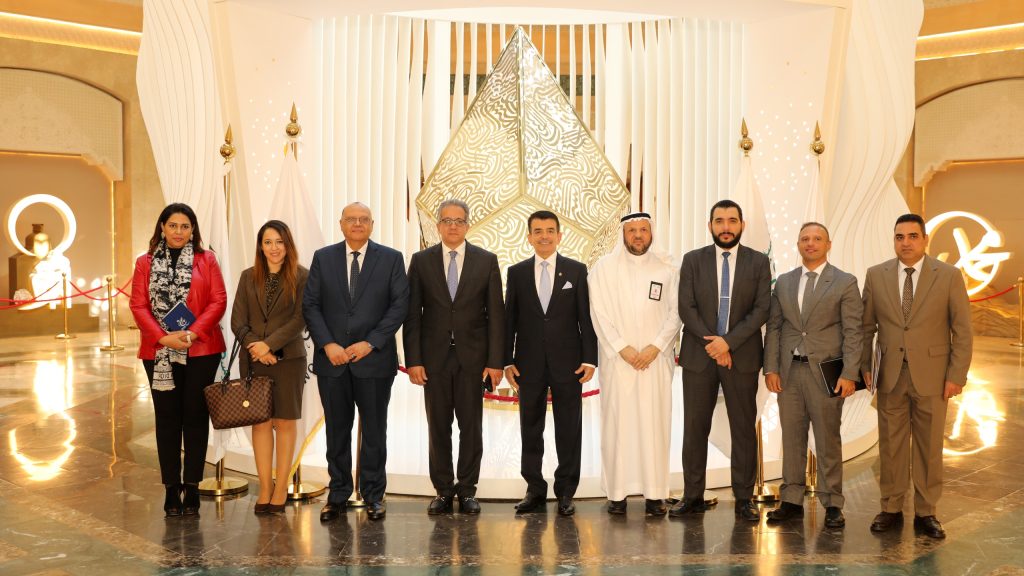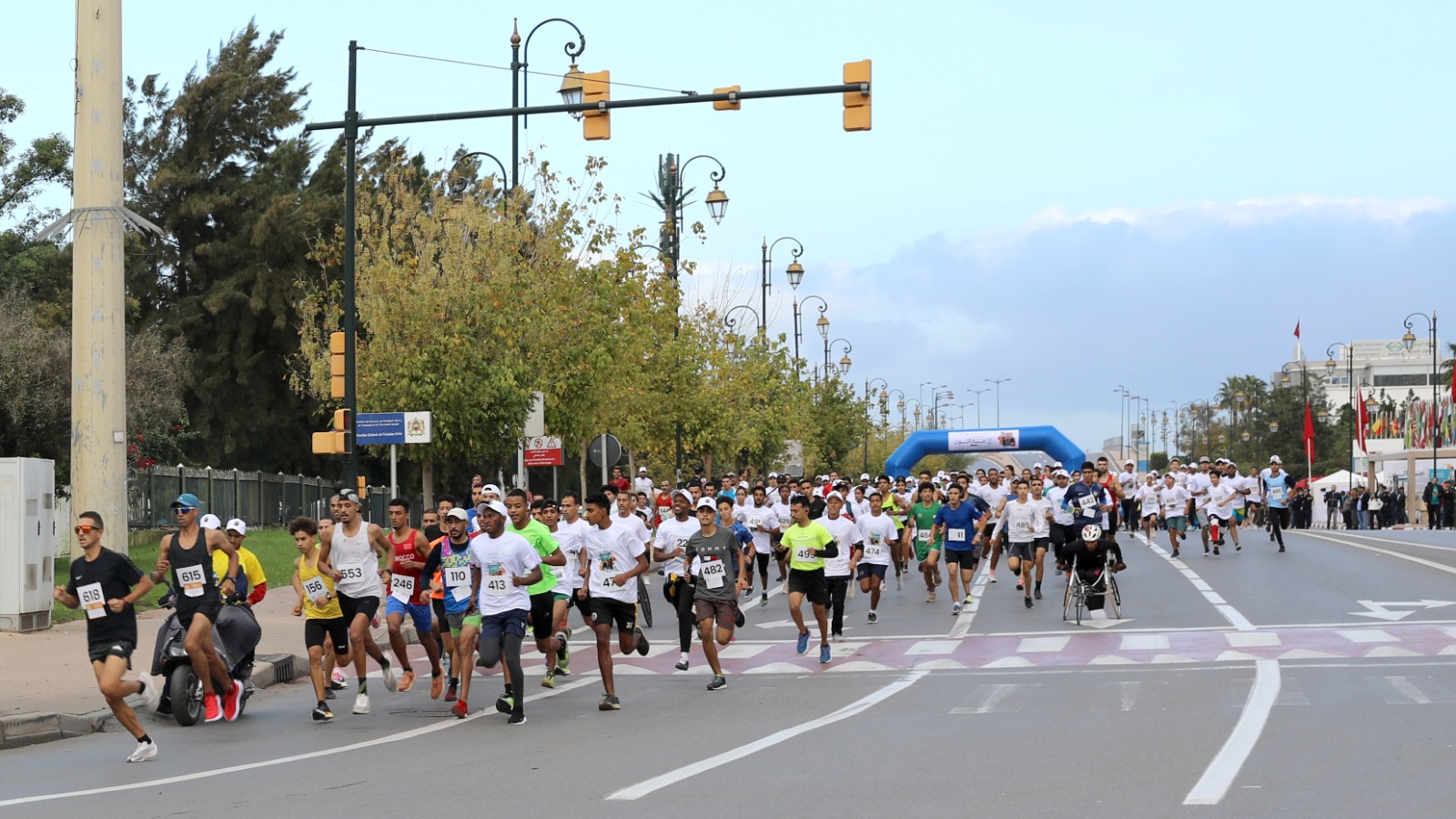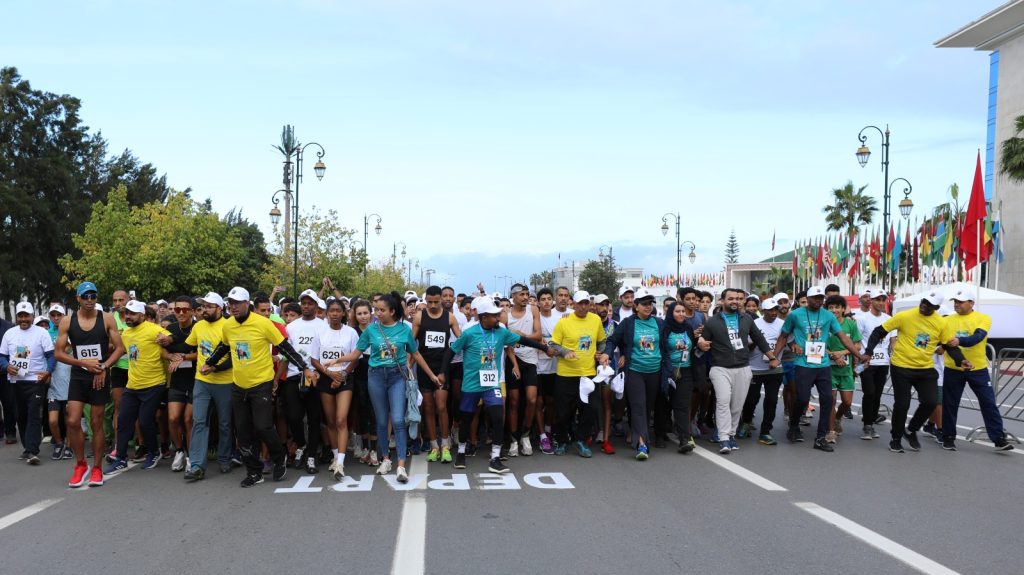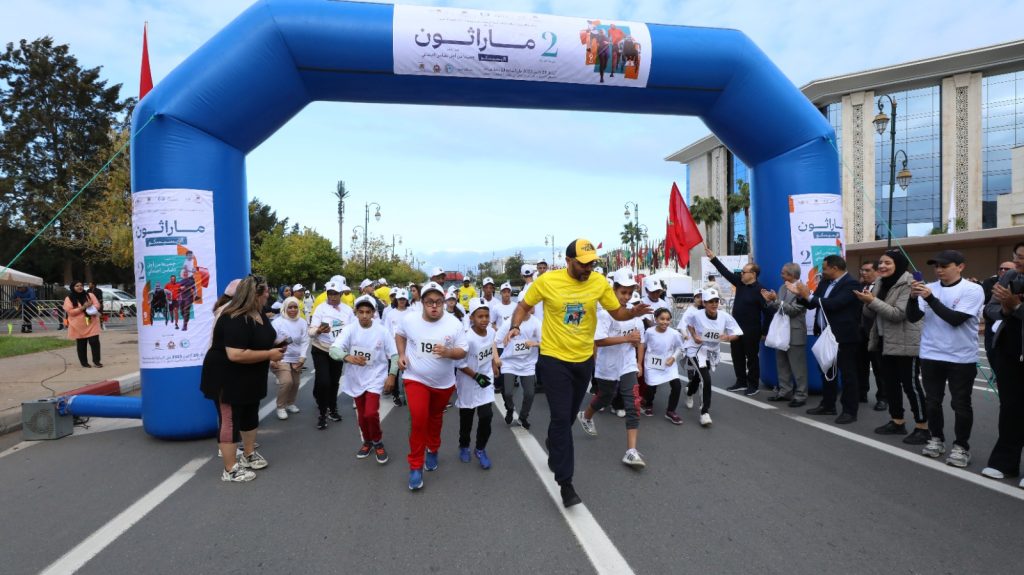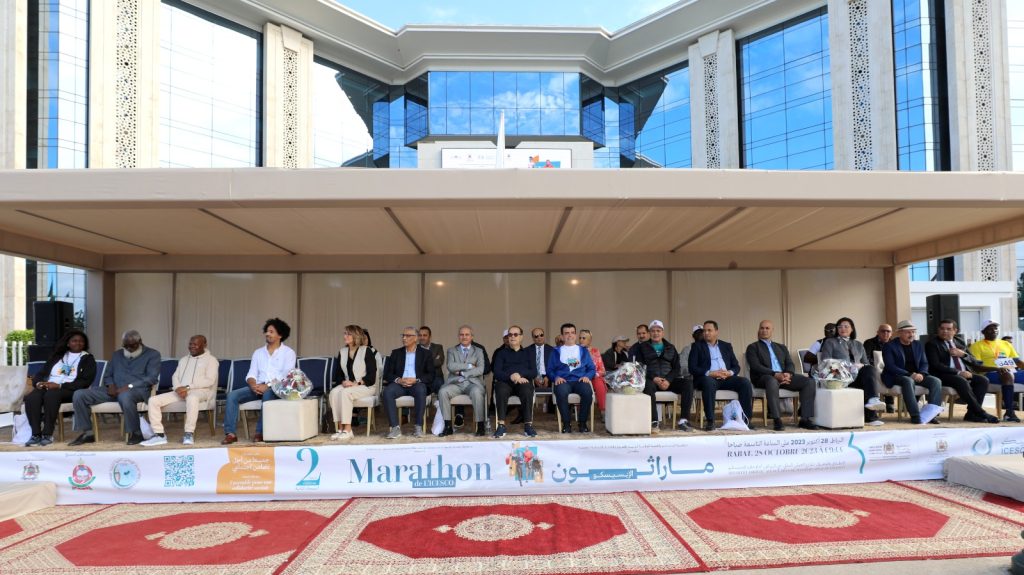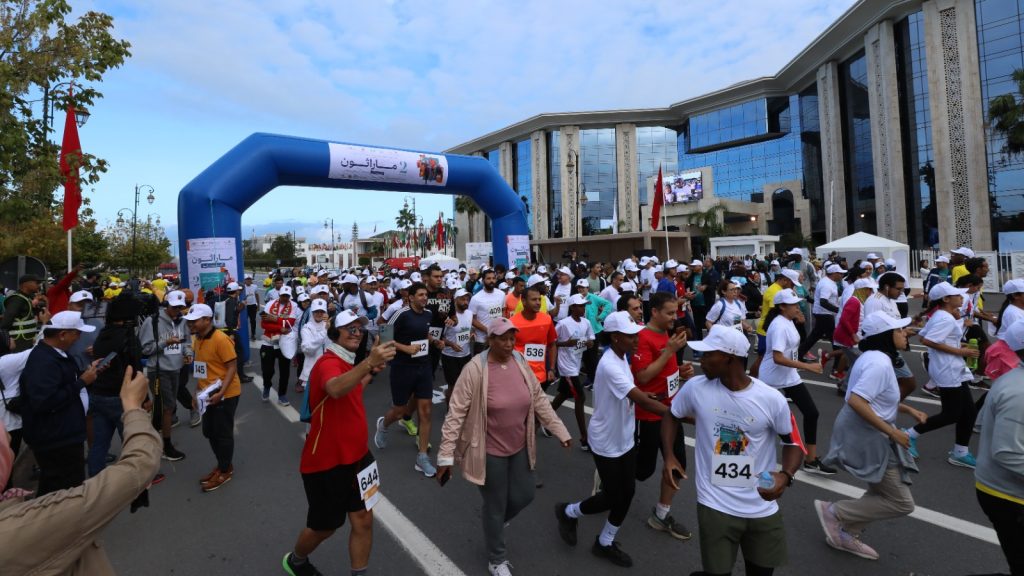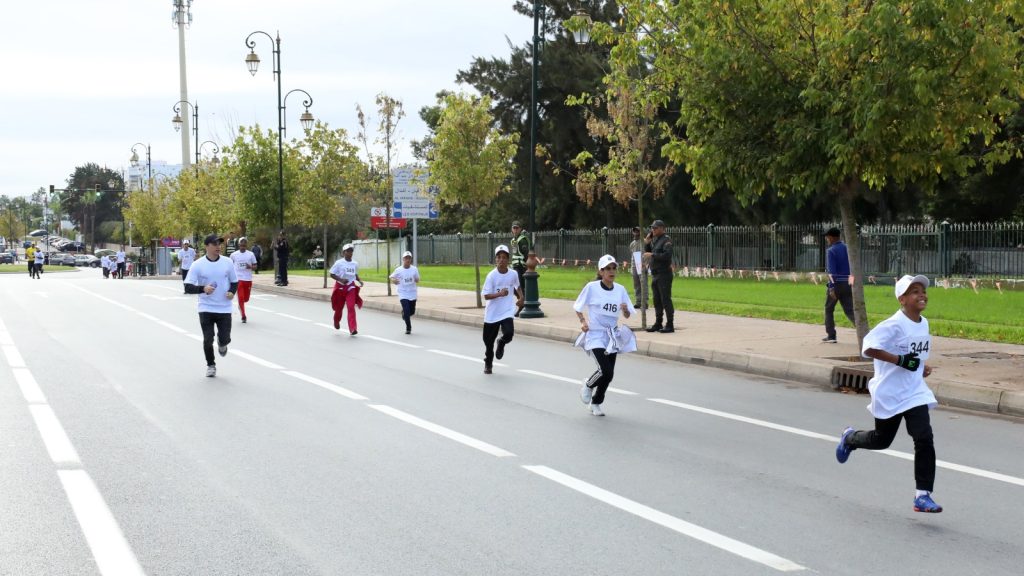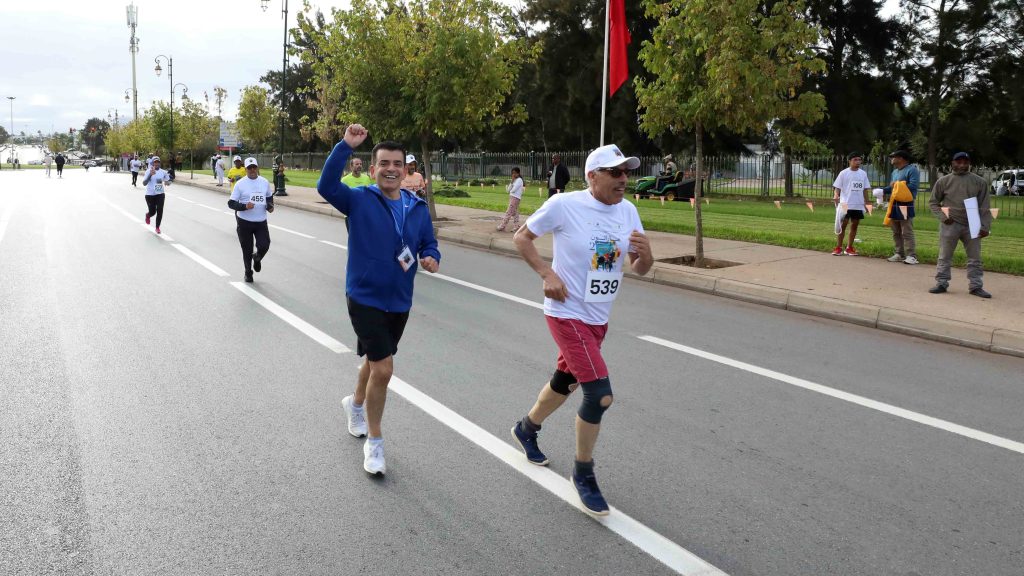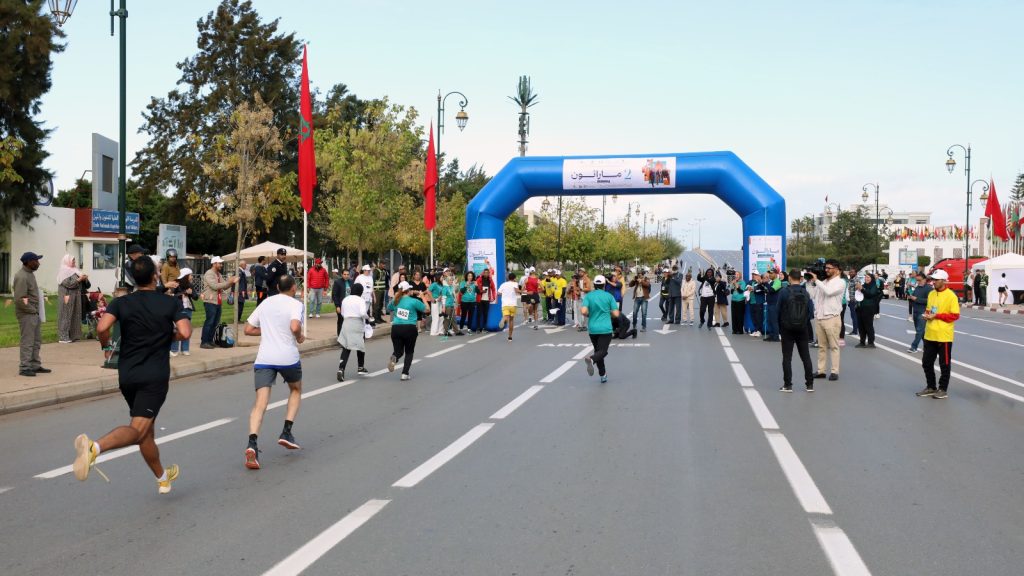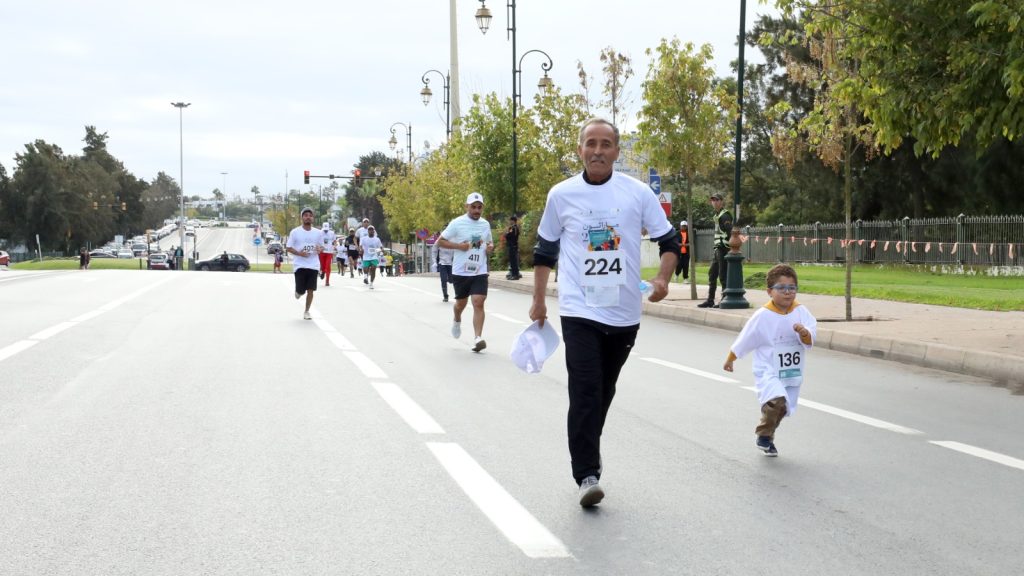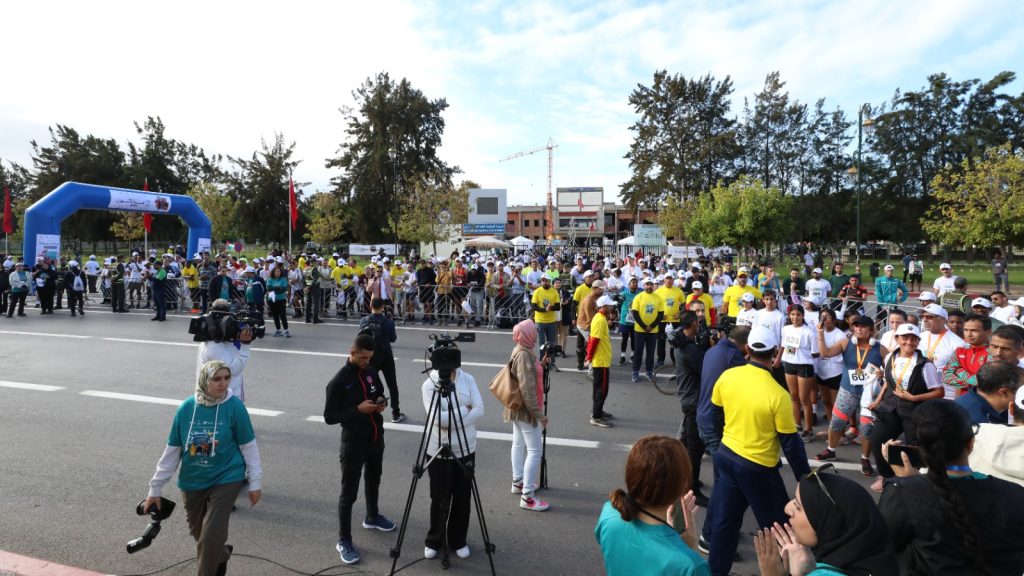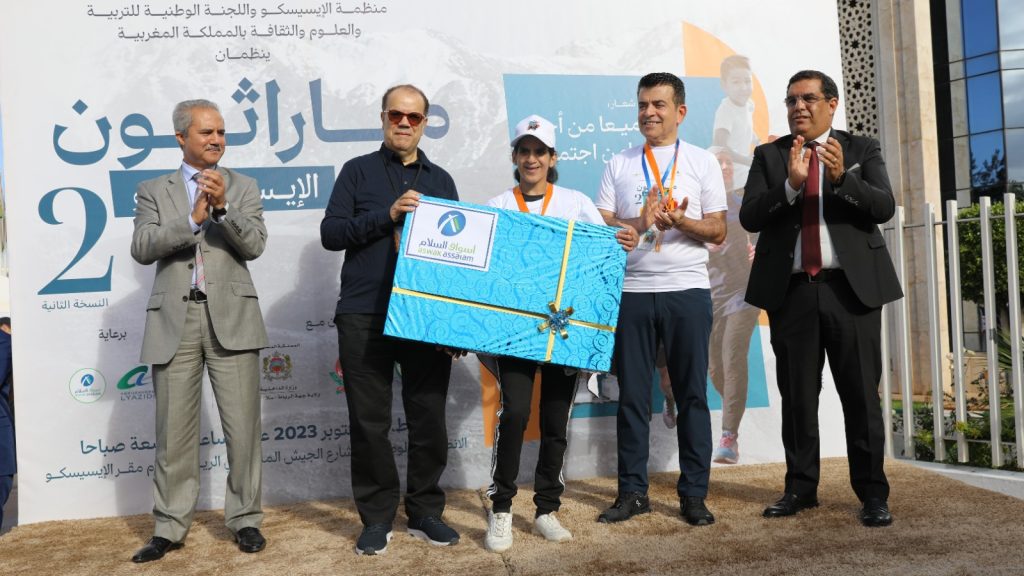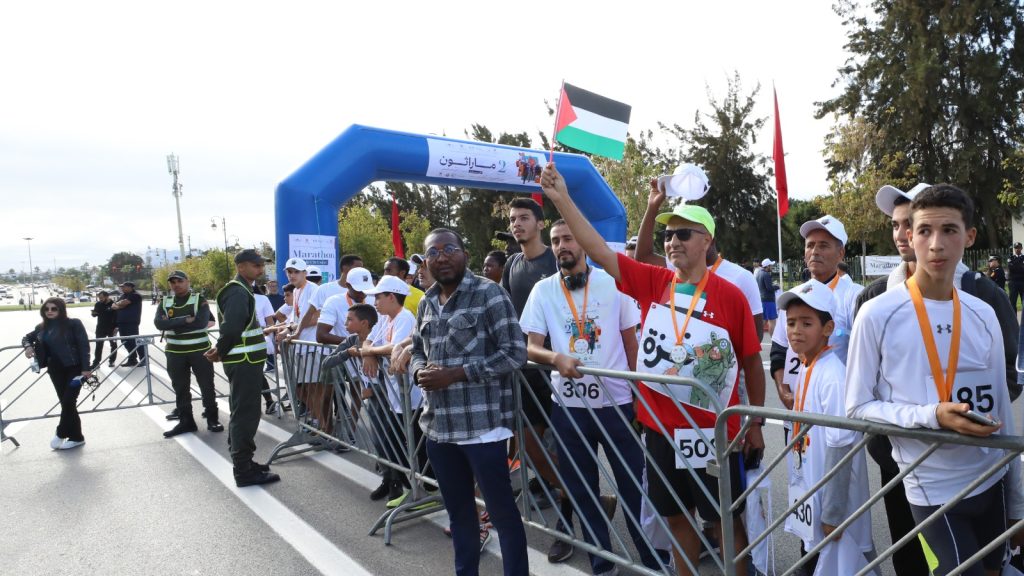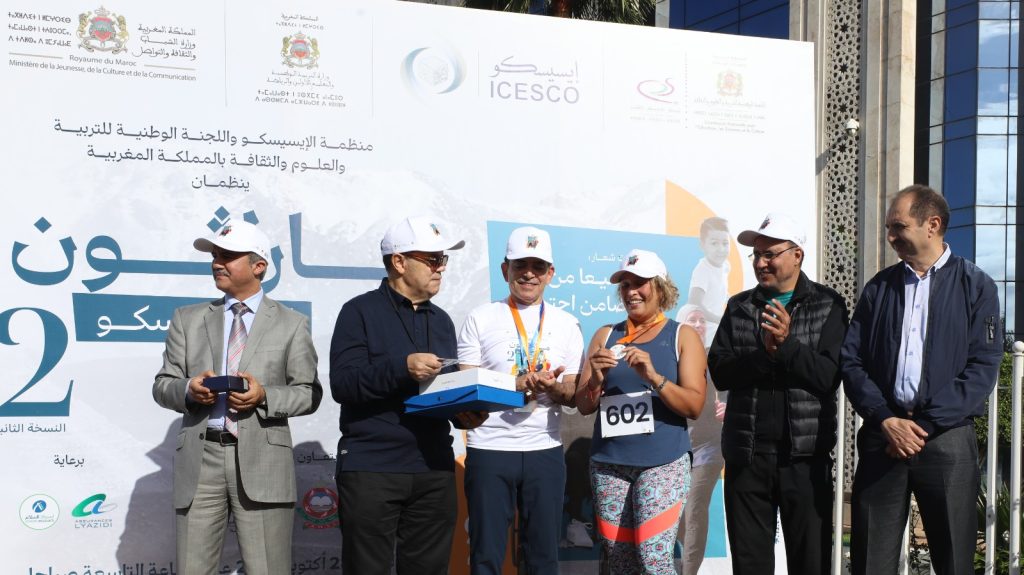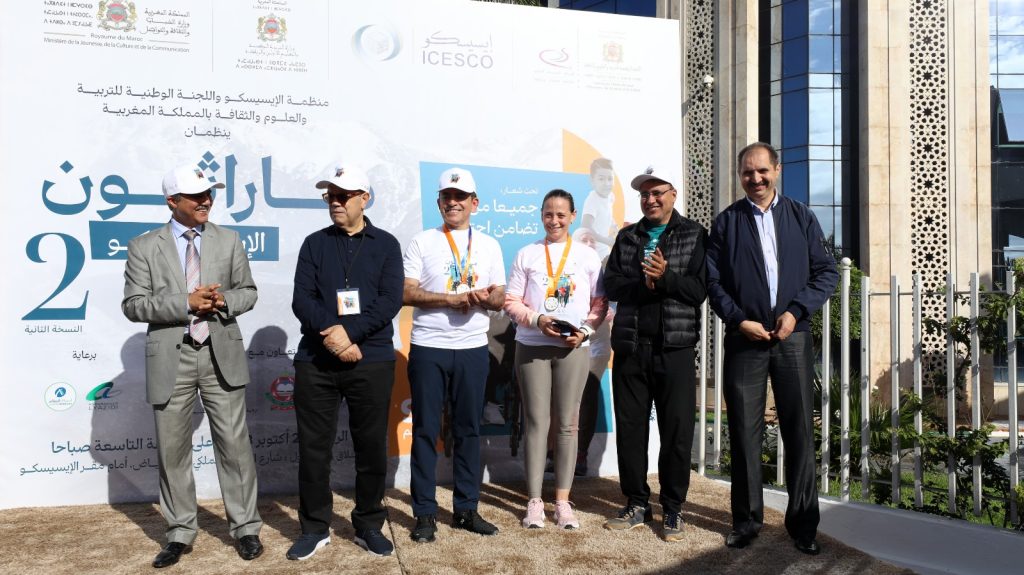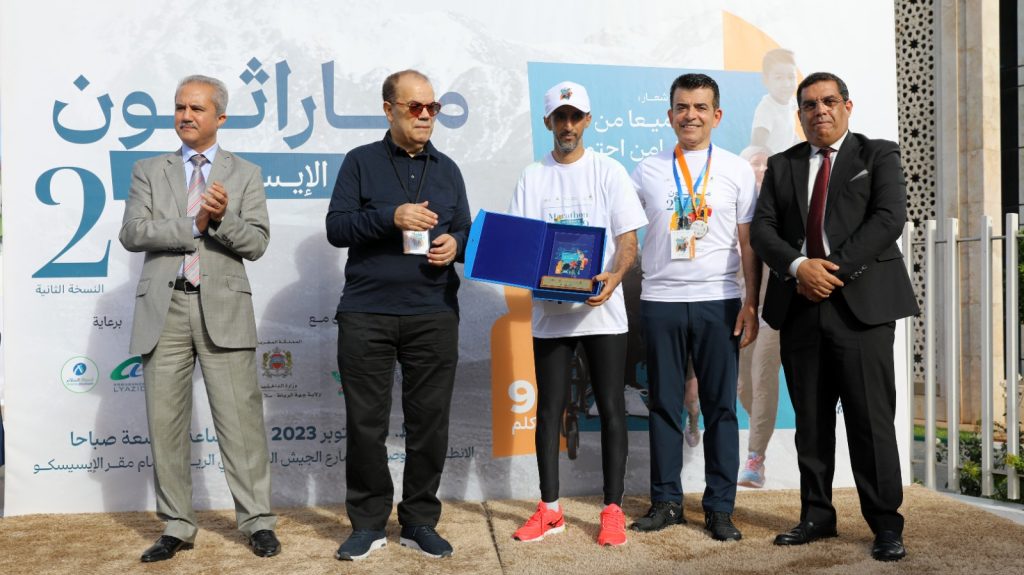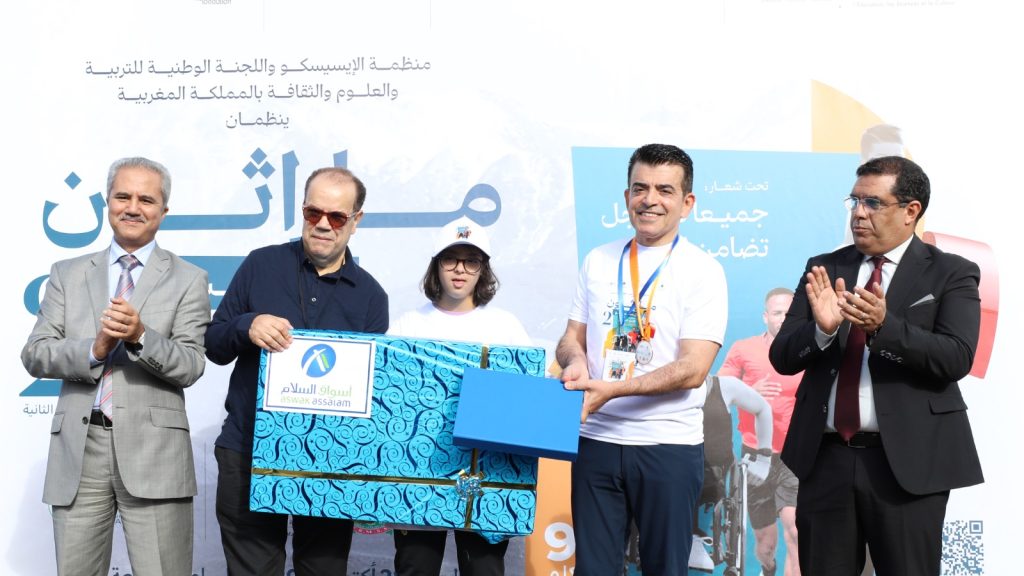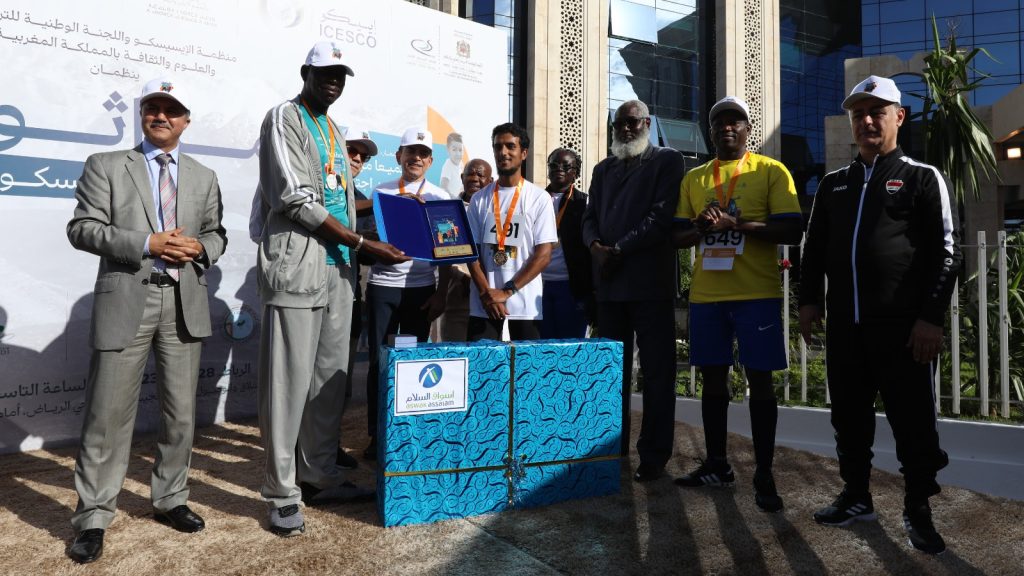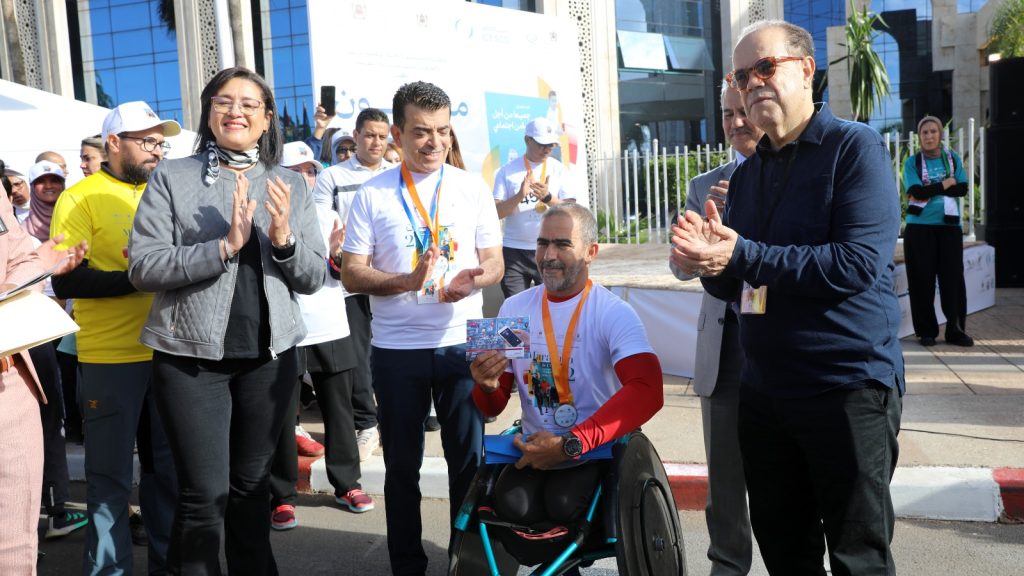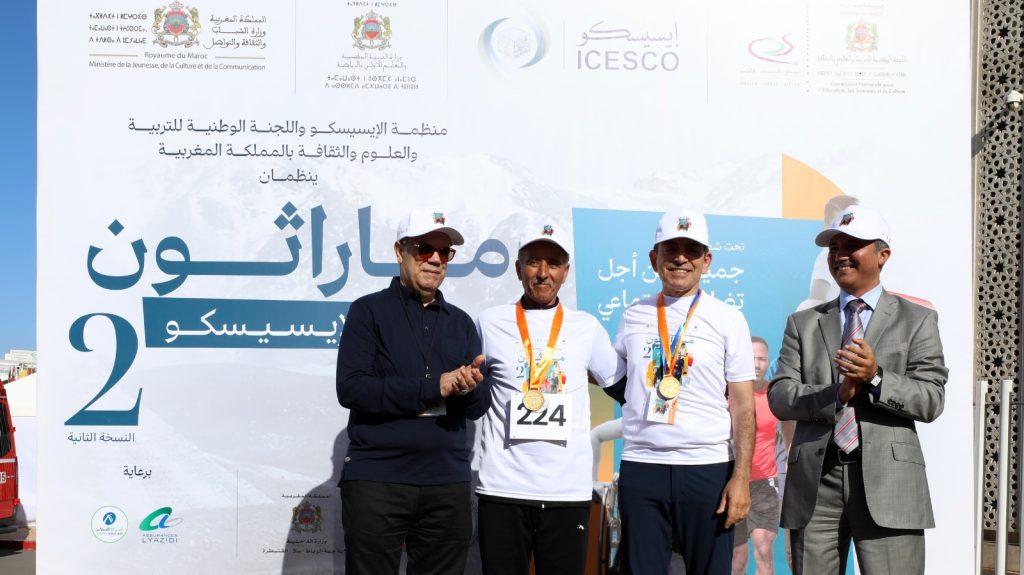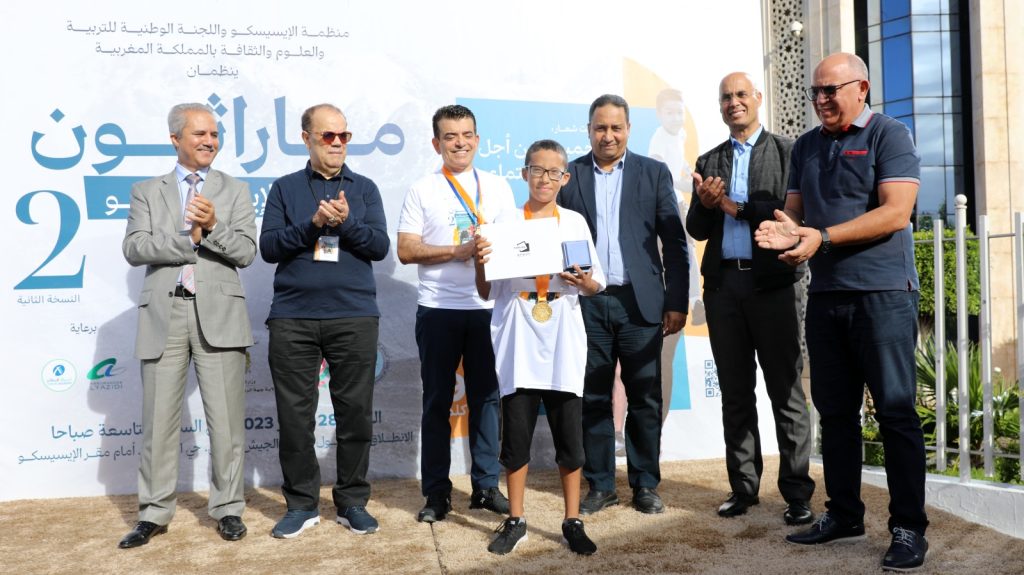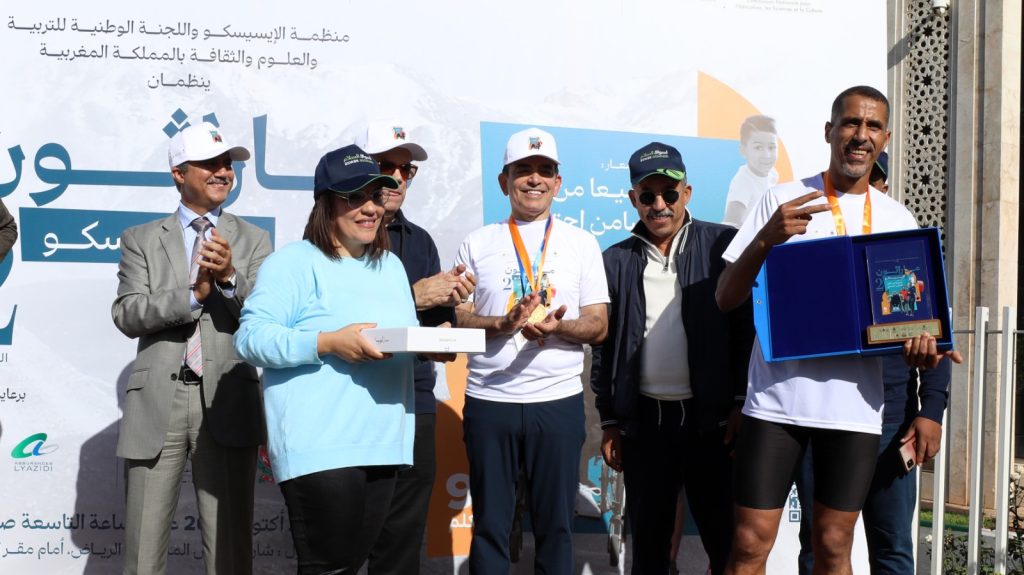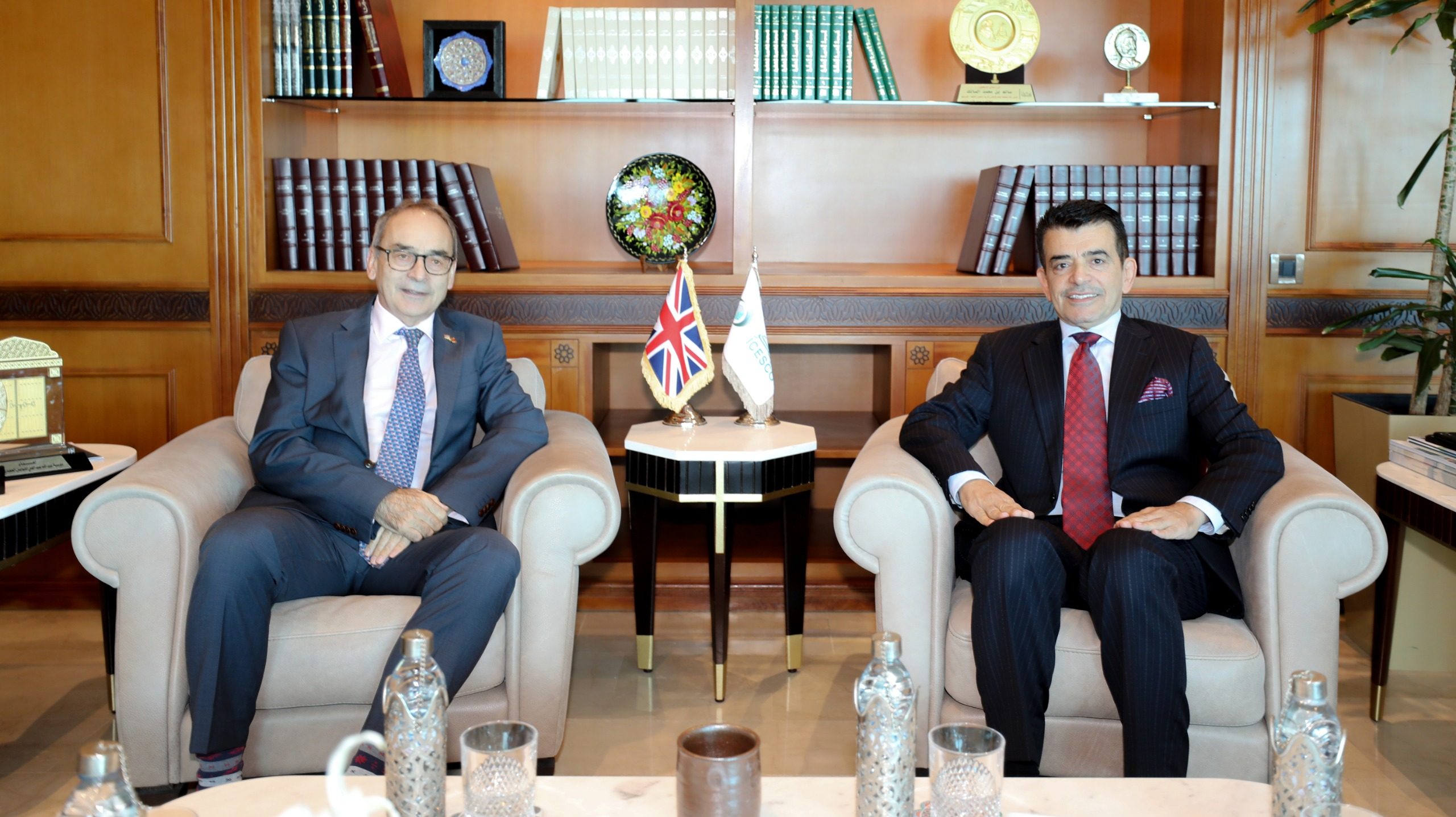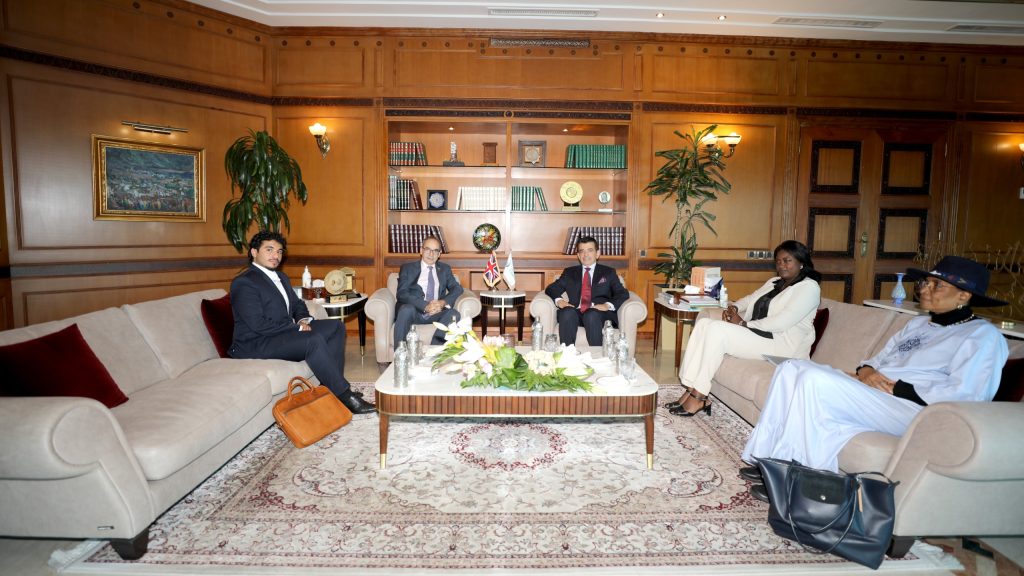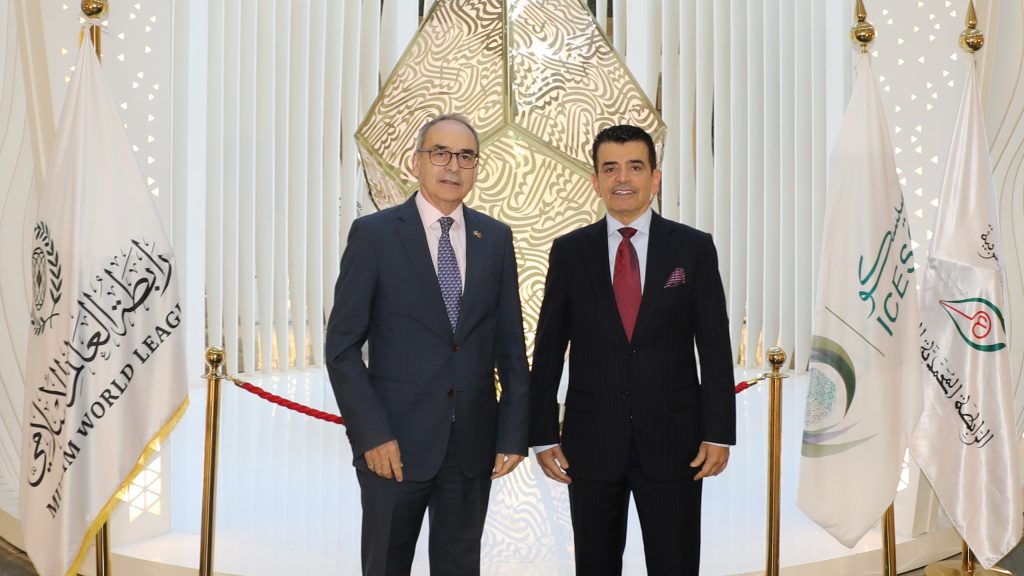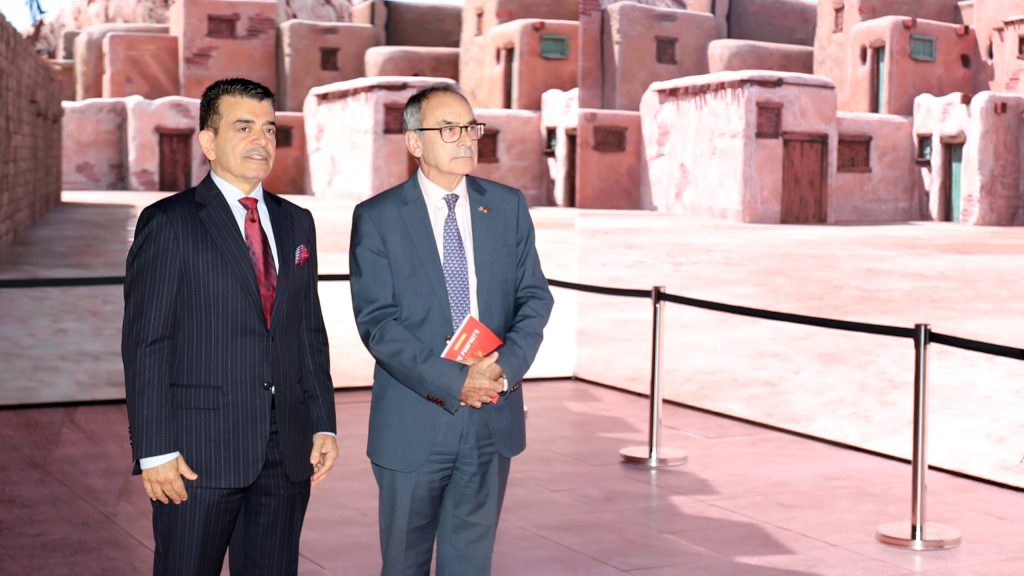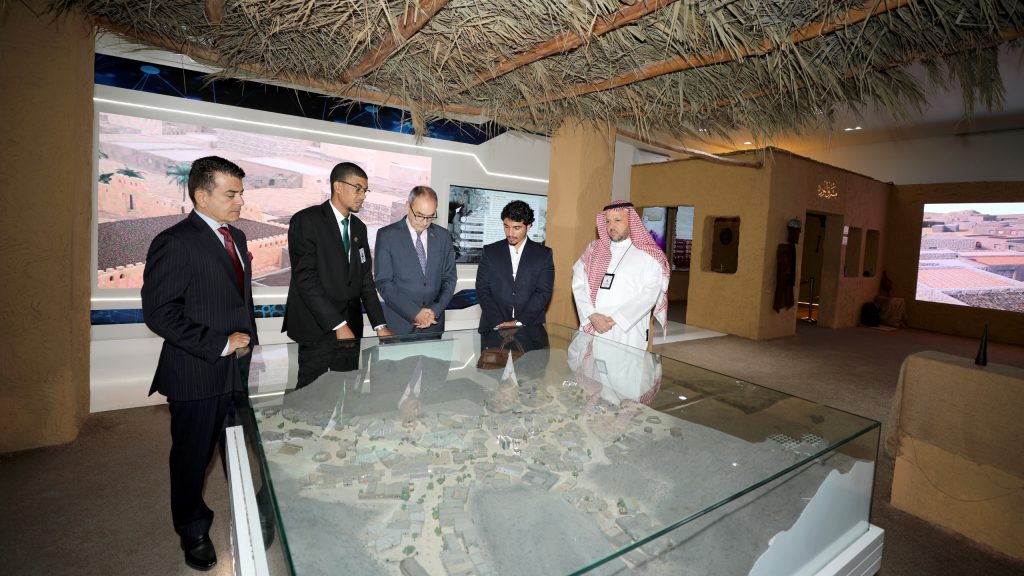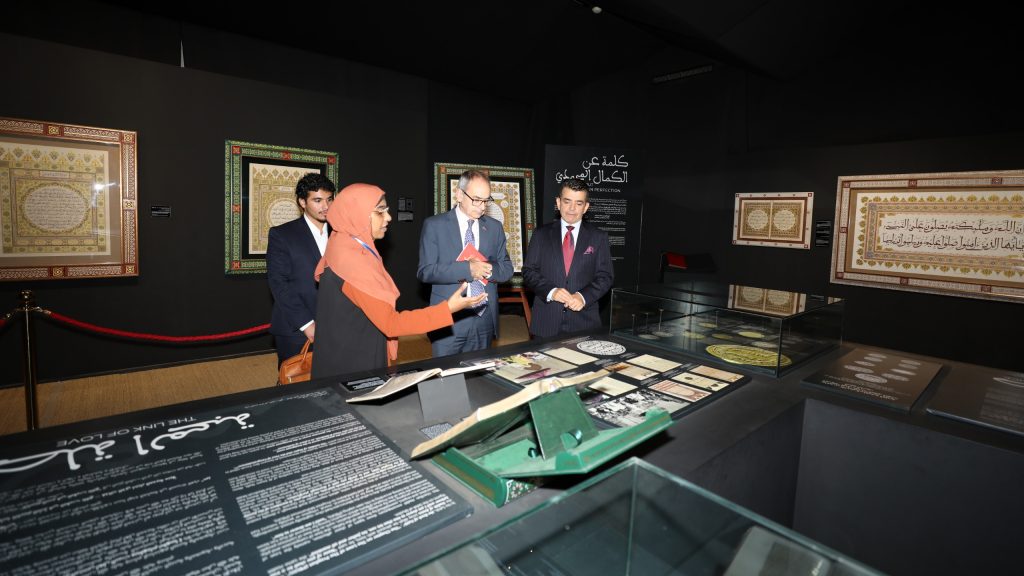The Islamic World Educational, Scientific and Cultural Organization (ICESCO) held on 9 November 2023, at UNESCO headquarters in Paris, the 13th coordination meeting of its Member States, with a high-level attendance of ministers and delegations of ICESCO Member States participating in the 42nd session of UNESCO’s General Conference held in the Paris from 7 to 22 November 2023.
The meeting began with a speech by Dr. Salim Al-Malik, ICESCO Director-General in which he reviewed the approach adopted by ICESCO in its new vision, which is based openness, complementarity, anticipation and creativity, representing the ICESCO’s four pillars for living up to the trust of its Member States. Dr. AlMalik commended the role of youth and women who respectively account for 41% of ICESCO’s staff, and 50% of senior leadership positions, thus reflecting the fruits of ICESCO’s affirmative action.
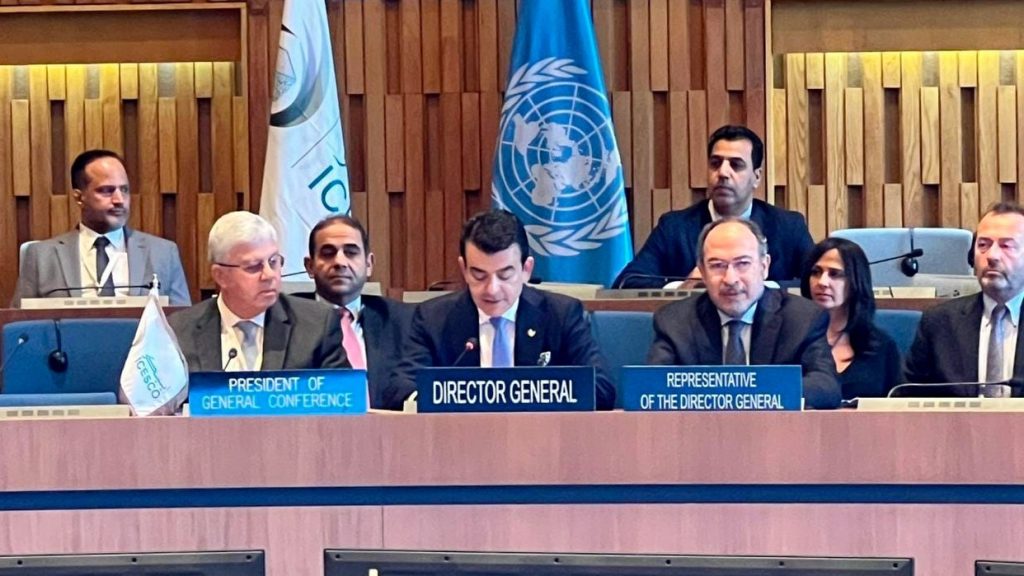
He stressed the importance of the meeting, which bears additional expectations for the strong relationship between ICESCO and UNESCO, noting the key role played by the permanent delegates of the Member States who constitute the best communication channel to ensure the Organization’s success in its areas of the action: education, science and culture.
ICESCO Director-General also pointed out the need to pool efforts to alleviate the suffering of people in the context of conflicts raging in the region, such as the injustices perpetrated in Palestine, specifically in steadfast Gaza Strip.
For his part, Dr. Mohamed Ayman Ashour, Minister of Higher Education and Scientific Research, Chairman of the Egyptian National Commission for Education, Science and Culture, and President of ICESCO’s General Conference, stressed that ICESCO’s periodic meetings of its Member States constitute a perfect opportunity to reflect on ways to enhance its unique role in the United Nations system, in light of the challenges facing the world, praising the Organization’s efforts to support its Member States in its areas of competence.
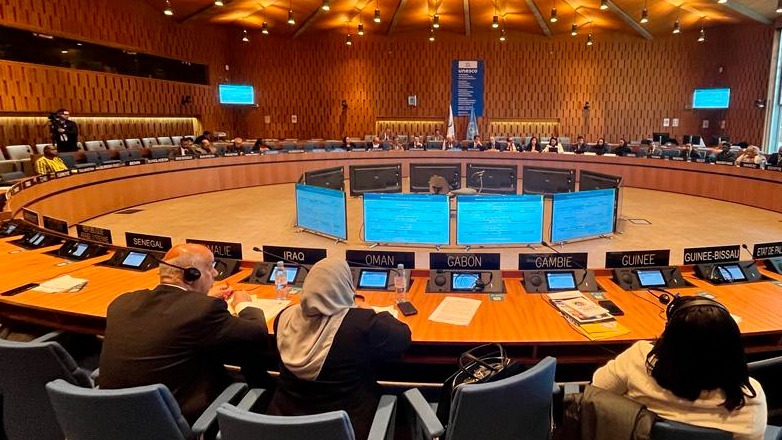
Dr. Ashour reviewed Egypt’s efforts and initiatives under the leadership of His Excellency President Abdel Fattah El-Sisi since its assuming the presidency of ICESCO’s General Conference in 2021, calling for joining efforts of all Arab countries and the Islamic world to support Dr. Khaled El-Anani, former Egyptian Minister of Tourism and Antiquities, to win the position of UNESCO Director-General for the period 2025-2029.
In his statement, Tawfik Jelassi, UNESCO’s Assistant Director-General for Communication and Information, praised the role played by ICESCO in consolidating the values of coexistence and peace, preserving heritage, and supporting its Member States.
The meeting saw the signing of an agreement with the Kingdom of Saudi Arabia for hosting the 44th session of ICESCO’s Executive Council in the city of Jeddah from 16 to 18 January 2024.
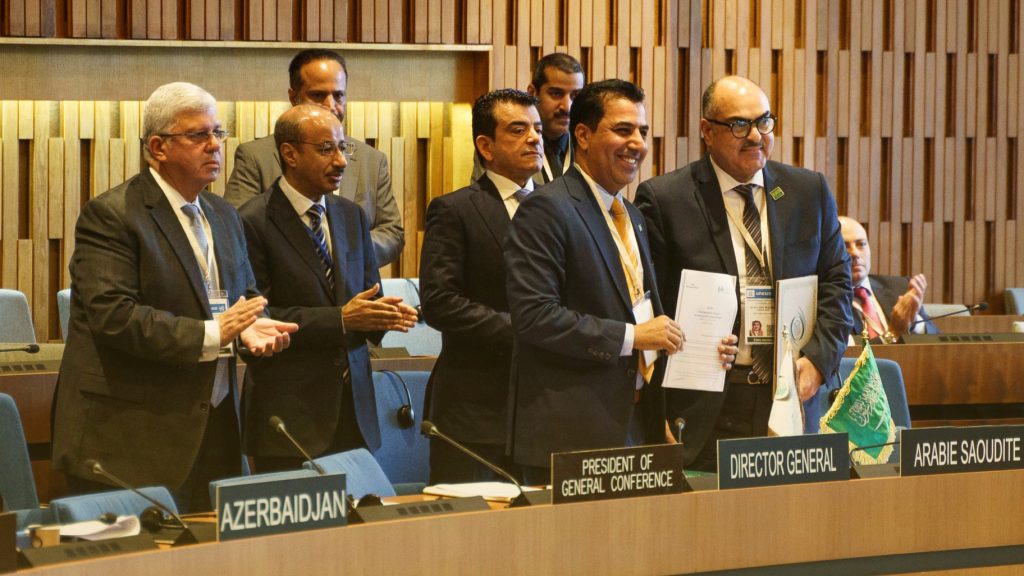
The meeting also featured several presentations. In the first one, ICESCO reviewed the main thrusts of its strategic vision, programs and projects that respond to the needs of its Member States. The second presentation, of the Kingdom of Saudi Arabia, reviewed the candidacy file of the capital Riyadh to host Expo 2030, and the Kingdom’s endeavor to present an exceptional edition in the history of this international event.
The third presentation, delivered by the representatives of the Republic of Azerbaijan, reviewed the “Baku Dialogue Forum”, an initiative launched by His Excellency Mr. Ilham Aliyev President of the Republic of Azerbaijan in 2008, with the aim of establishing an effective dialogue between different civilizations and cultures, and intensifying efforts to achieve peace between peoples. In their presentation, the representatives of the Republic of Uzbekistan reviewed their country’s desire to host the 43rd session of UNESCO’s General Conference in 2025 in Samarkand, in conjunction with the celebration of the city as Culture Capital in the Islamic World, as part of ICESCO’s Culture Capitals programme.
